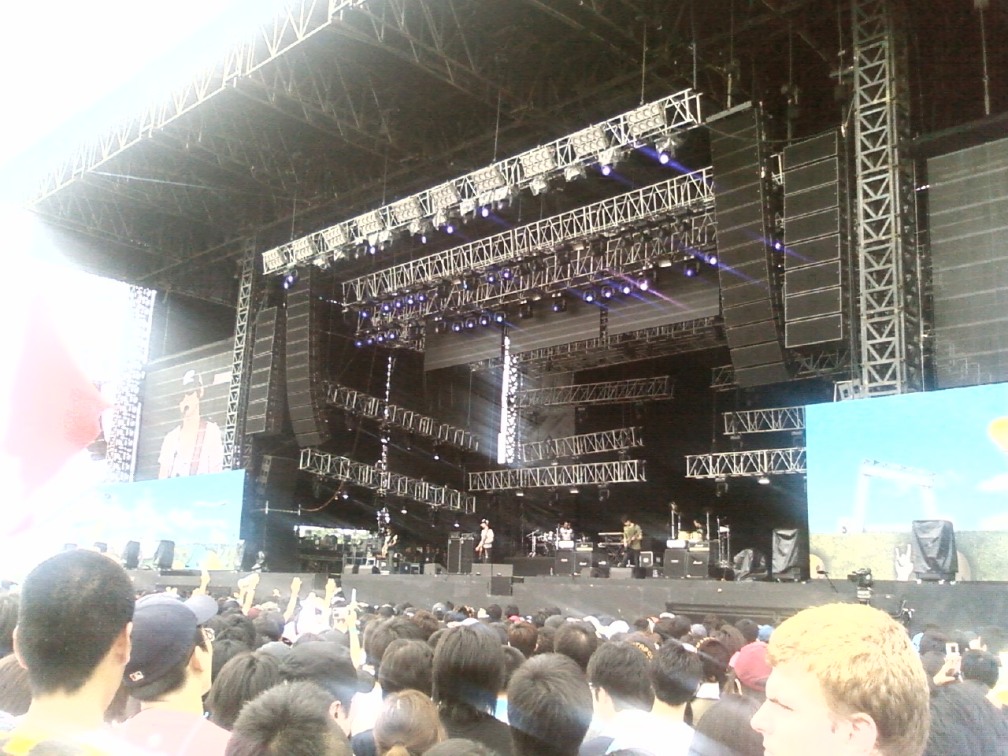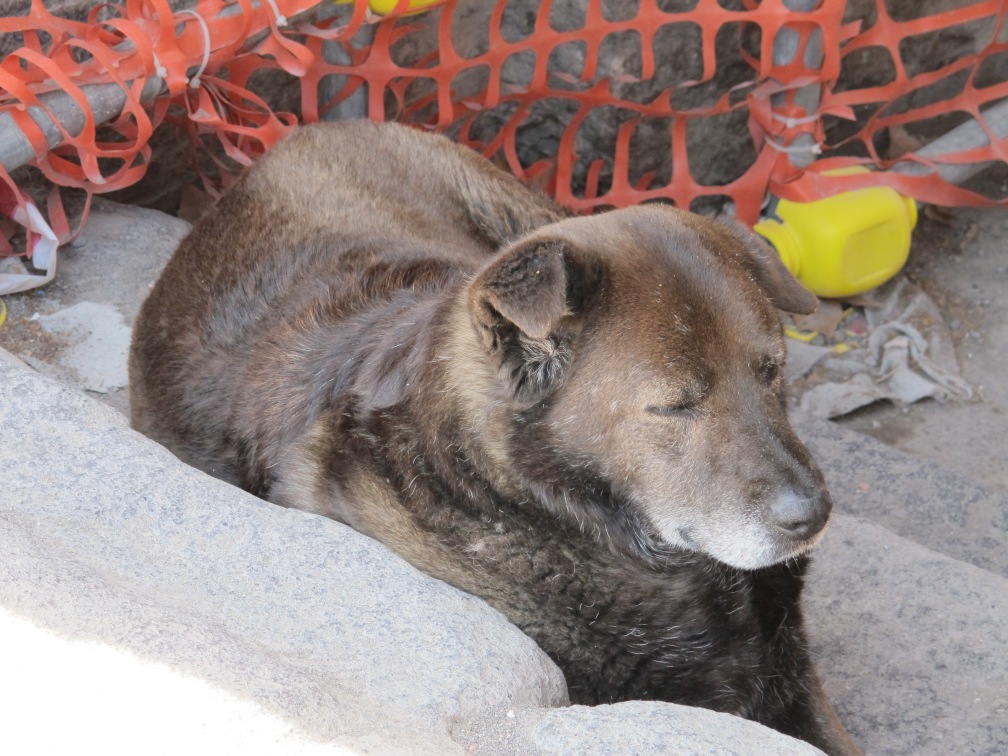The recent Korean historic epic Myeongnyang has been shattering Korean box office records like an ironclad turtle ship through Japanese lines, achieving an unprecedented 15 million viewers in just four weeks. I saw it last week and thought that although it had some technical issues (choppy slow motion sequences and some questionable editing) and took some liberties with the details, it was competent depiction of one of the greatest naval battles in world history (13 Korean ships versus a Japanese fleet of over 300 ships) and arguably the greatest naval commander who ever lived. But even a competent movie can be enough to achieve box office success in Korea, so long as it has all of the necessary elements. Continue reading
Monthly Archives: August 2014
Catholicism and Korea
My dad always likes to tell people about the time a cardinal came to our parish in Cambridge. I was just a baby so I couldn’t possibly remember, but apparently my dad gave me to the cardinal and asked for him to bless me, promising that I would become a priest one day. And ever since then, he has always been telling me and everyone else that I would become a priest. It has gone from being funny, to annoying, to me threatening to destroy every crucifix, angel, and Virgin Mary in our house, to being sort of funny/annoying again. It’s simultaneously the least Asian parent thing to do (giving up material wealth and glory) and the most Asian thing to do (guaranteeing eternal salvation for my family, which I don’t think is technically even correct but I’m not an expert). Even now, when I’m in law school, he insists that it’s all part of the plan, and I can become a lawyer in the Vatican. Which would be a great conversation starter, I guess (“So what are you planning on practicing? Corporate? Litigation?” “Ecclesiastical law.” ““I’m sorry, what?”), but I think I’ll pass. I like being Catholic, but not THAT much.
The Tragedy of the (Rock) Commons
 I love live concerts. There’s something about the experience that cannot be replicated in studio recordings. Maybe it’s the unpredictability of the performances, or the energy of the crowd, or the booming drums that you have to be there to feel. But the thing is, it’s hard to go to all or even a significant number of the concerts you might want to go to. Concert tickets, especially in Korea, are pretty expensive, plus you might not have the time. That’s why I’ve always liked the concept of the rock festival. A musical smorgasbord with enough artists that you wanted to hear so you get your money’s worth, plus if you’re lucky a couple of pleasant discoveries. But for the longest time, Korean rock fans had to glance longingly across the sea at neighboring Japan and its Fuji Rock Festival or Summer Sonic and their world class acts, because Korea didn’t have a proper rock festival to its name. Sure, there were local music festivals with Korean bands, but those didn’t quite capture the excitement of a Glastonbury or Woodstock. They wished that one day, Korea might have rock festivals whose stages would be graced by the hottest bands in the world. And they got their wish. Unfortunately, as the saying goes, be careful what you wish for. Continue reading
I love live concerts. There’s something about the experience that cannot be replicated in studio recordings. Maybe it’s the unpredictability of the performances, or the energy of the crowd, or the booming drums that you have to be there to feel. But the thing is, it’s hard to go to all or even a significant number of the concerts you might want to go to. Concert tickets, especially in Korea, are pretty expensive, plus you might not have the time. That’s why I’ve always liked the concept of the rock festival. A musical smorgasbord with enough artists that you wanted to hear so you get your money’s worth, plus if you’re lucky a couple of pleasant discoveries. But for the longest time, Korean rock fans had to glance longingly across the sea at neighboring Japan and its Fuji Rock Festival or Summer Sonic and their world class acts, because Korea didn’t have a proper rock festival to its name. Sure, there were local music festivals with Korean bands, but those didn’t quite capture the excitement of a Glastonbury or Woodstock. They wished that one day, Korea might have rock festivals whose stages would be graced by the hottest bands in the world. And they got their wish. Unfortunately, as the saying goes, be careful what you wish for. Continue reading
The Dog Days
*Warning: this post contains references to eating dog meat every…1.5 sentences or so, so those who are currently offended by such practices or think they might be while reading this post might be better off skipping this. Or maybe they’ll learn something about the food practices of a different culture. It isn’t that bad, really. Okay, it might be a little bad. Horrifying for others. It’s up to you, really.
It’s hilarious that these few weeks of July and August are called the dog days in Western culture. Sure, it may have come from the heliacal rising of Sirius, the Dog Star, during this period, but it’s an interesting bit of cultural convergence that the Western dog days overlap with the Korean dog days, or boknal. Which are usually translated to dog days because they coincide with the Western dog days and, well, guess what Koreans traditionally eat on those days? Continue reading

